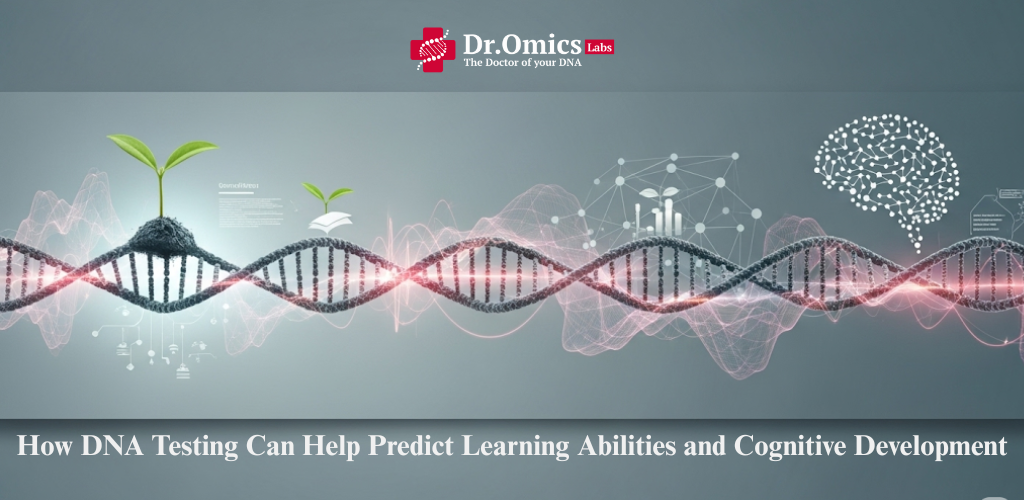As science and medicine continue to evolve, DNA testing is becoming an increasingly valuable tool in understanding not only physical health but also mental and cognitive development—especially in children. Pediatric genetic testing now offers insights that were once unimaginable, including the ability to predict learning abilities and identify potential developmental delays early in life.
In this blog, we’ll explore how a child DNA test can contribute to our understanding of genetic health for kids, how genes influence learning, and why early diagnosis can be a game changer for both children and their families.
The Role of Genes in Learning and Brain Development
Cognitive development and learning abilities are influenced by a complex interaction of environment, education, and genetics. Recent research has shown that certain genes are associated with brain development, memory, attention span, and even learning disorders like dyslexia or ADHD.
Understanding a child’s genetic predispositions through DNA and childhood development studies allows for personalized educational strategies that cater to their unique strengths and challenges. For example, a child who is genetically prone to slower language processing may benefit from early speech therapy, tailored reading programs, or cognitive training.
What Pediatric Genetic Testing Reveals
Modern pediatric genetic testing can uncover a variety of genetic markers that influence mental and emotional development. These markers may include:
- Risk for neurodevelopmental disorders such as autism spectrum disorder (ASD) or ADHD
- Learning difficulties and intellectual disabilities
- Memory retention capabilities
- Emotional regulation and behavior patterns
By identifying these markers early, parents and healthcare professionals can make informed decisions about interventions, therapies, and learning environments.
The Importance of Newborn Genetic Screening
Newborn genetic screening is often the first opportunity to assess a child’s genetic health. While traditionally used to detect hereditary diseases in children, many advanced screenings can also flag potential cognitive and developmental concerns.
Early genetic diagnosis provides a crucial head start. When conditions are identified in infancy or early childhood, therapies and support systems can be implemented during the most critical periods of brain development.
Bridging the Gap Between Genetics and Education
One of the most promising areas of pediatric genetics is the integration of genetic data into personalized education plans. Schools and educators are beginning to understand how a child’s unique genetic profile can guide teaching strategies, classroom modifications, and testing accommodations.
While DNA is not destiny, it provides a blueprint. Knowing that a child has a genetic marker for slower working memory, for example, doesn’t limit their potential—it simply allows for better support in their learning journey.
Conclusion: Empowering Parents Through Knowledge
Understanding a child’s genetic makeup can empower parents to make informed decisions about healthcare, education, and emotional support. Child DNA tests and early genetic diagnosis don’t just identify potential issues—they open the door to timely, personalized interventions that can dramatically improve quality of life.
The future of genetic health for kids lies in proactive care. By embracing the insights offered through pediatric genetic testing, families and professionals can work together to support every child’s potential—intellectually, emotionally, and developmentally.




